
Note: Be sure to read the Update/Correction below.
Most of my published author friends have a book or two that’s saved on their hard drive that will never see the light of day. They’re usually books that the author wrote early in their careers—usually before they had any kind of publishing contract. They could never find a publisher for the novel (or didn’t try) and moved on to other projects. Though the books were never published, they served as good learning experiences for the authors on what to do (or what not to do) when writing fiction.
I have one of these “learning” books on my hard drive. Between Room for Two and The Third, I wrote a novel titled Angel of Light. It was my first real attempt to write a novel and I’ll flat out admit that it sucks. However, writing Angel of Light was a good learning experience for me. It taught me that I write better with an outline, that I need to work on my dialogue, and that I do a decent job hooking the reader at the end of every chapter. Without putting effort into writing that book, odds are The Third would have never been good enough to find a publisher.
One of the lessons most these author friends have continually taught is not to be tempted to rewrite these books or resubmit them for publication no matter how much the author is in love with them. Why? Because making these books public generally drags down an author’s career not only in terms of sales but loyal readers. Once an author puts crap out there, he or she risks that it will be the first book a reader picks up. And if the book is awful, odds are they’re never going to touch another one of your books again. That’s why, aside from Marathon Girl, no one will ever read Angel of Light. I will never rewrite it or even attempt to have it published. It will remain on my computer until they pry it from my cold, dead fingers. (Even then I hope to have the presence of mind to nuke that part of the hard drive before I pass on.)
So it’s sad when a talented author like Harlan Coben makes this mistake with his novel Play Dead. I like Coben’s novels and have been reading them voraciously since I discovered his books last year. But Play Dead is a torture to read. The characters have no depth and the reader hardly cares about them. The dialogue sucks. The plot had enough big holes that a three 747s could easily fly through them. The only reason I kept reading the book was because I thought there was no way the book could get any worse.
I was wrong. It got worse. Way worse. When I done reading it, I felt like I had been forced to watch Glitter and Gigli at the same time! As a result there are hours of my life and a million brains cells that I’ll never get back.
Granted, Coben warns the reader at the beginning of the book that he hasn’t “read Play Dead in at least twenty years” and that “it’s exact book I wrote when I was in my early twenties, just a naive lad working in the travel industry….”He also accurately compares the book to “that essay you wrote when you were in school, the one that got you an A-plus on, the one your teacher called “inspired”—and one day you’re going through your drawer and you find it and you read it and your heart sinks and you say, ‘Man, what was I thinking?’”
My question to Coben is this: since you knew this book sucked, what were you thinking by publishing it? Play Dead reads just like one of those novels that never should have been published—EVER. Even you seem to know this but pushed it through anyway? Are you short on cash? Is someone blackmailng you?
I only wish I had read the warning before I started reading chapter 1 because I never would have read it otherwise.
For readers, unless you’re looking for 101 class on how not to write a novel, avoid even touching Play Dead. Your brain cells will thank you for it.
Update/Correction: Harlan Coben came across this review and emailed me a correction that I’ll pass on. Apparently Play Dead was Coben’s first novel and was published back in 1990. The version I was reading is a 2010 reprint. It’s NOT a book that he pulled out of the drawer after 20 years and decided to push through the publishing mill.
This error was my mistake. After I finished reading Play Dead and seeing how it wasn’t even close to the quality of other Coben novels I’ve read, I flipped to the beginning of the novel where I read his author’s note. After reading that and seeing the 2010 copyright date, I wrongly assumed it was something he decided to publish after he had become a successful writer.
So, I apologize for the misunderstanding, Mr. Coben. I appreciate you taking the time to email me and offer the correction. So you know, I’ve enjoyed every other book of yours thus far and am looking forward to reading Live Wire when it’s released in March. Had I known this was your first novel when I was reading it, I would have been a bit more understanding as a reader. You’re a talented writer and have come a long way since Play Dead.
when it’s released in March. Had I known this was your first novel when I was reading it, I would have been a bit more understanding as a reader. You’re a talented writer and have come a long way since Play Dead.
For readers, I retract the reasons behind the publication of Play Dead but stand by my review of the book. It isn’t Coben’s finest work.If you’re interested in reading his novels, I suggest starting with some of his standalone novels like Just One Look or Hold Tight
or Hold Tight . If you enjoy those, then check out his Myron Bolitar novels staring with Deal Breaker
. If you enjoy those, then check out his Myron Bolitar novels staring with Deal Breaker .
.



 . It's the best science fiction I've read in years. Wool is about a society that lives in a giant underground silo because the outside world that can only get glimpses of is uninhabitable. The writing it stellar, the characters are real, and there's enough tension and mystery that kept me up night after night way past my bedtime. Howey has a way to draw you into his world that makes you feel like you're living in this underground world.
. It's the best science fiction I've read in years. Wool is about a society that lives in a giant underground silo because the outside world that can only get glimpses of is uninhabitable. The writing it stellar, the characters are real, and there's enough tension and mystery that kept me up night after night way past my bedtime. Howey has a way to draw you into his world that makes you feel like you're living in this underground world.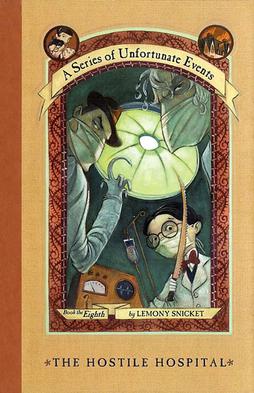




 when it’s released in March. Had I known this was your first novel when I was reading it, I would have been a bit more understanding as a reader. You’re a talented writer and have come a long way since Play Dead.
when it’s released in March. Had I known this was your first novel when I was reading it, I would have been a bit more understanding as a reader. You’re a talented writer and have come a long way since Play Dead. or
or  . If you enjoy those, then check out his Myron Bolitar novels staring with
. If you enjoy those, then check out his Myron Bolitar novels staring with  .
.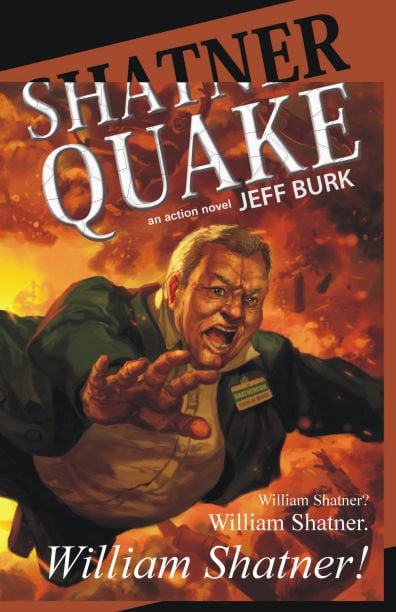


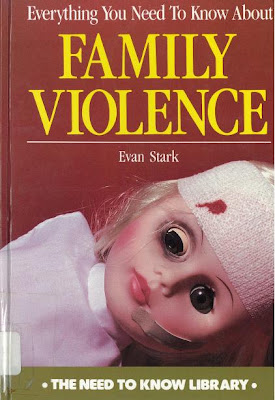
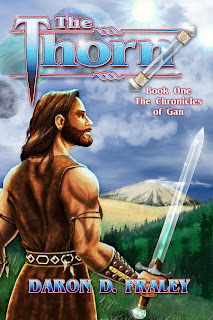
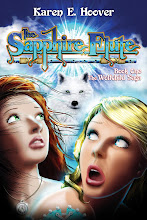 For a disclaimer about book reviews, click
For a disclaimer about book reviews, click